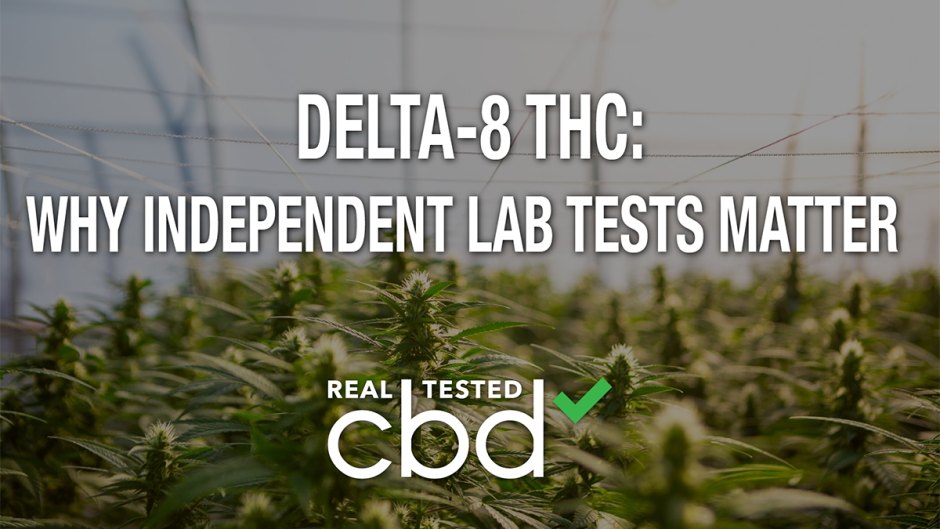
Sponsored ContentDelta-8 THC: Why Independent Lab Tests Matter
When people talk about THC, they are typically referring to delta-9 THC. This is the chemical responsible for the high associated with marijuana, but it’s not the only natural compound found in cannabis plants. Delta-8 THC is another “form” of the compound that has started to gain more and more popularity.
Although some states have legalized marijuana for recreational and medical use, on the federal level the plant remains a Schedule I drug. However, the legality of the individual compounds found in cannabis plants, including delta-8 THC fall into a major gray area. Thanks to a loophole of sorts in the 2018 Farm Bill, delta-8 THC is currently unregulated at the federal level. However, more and more regulations are starting to emerge from the state level, which could eventually lead to federal regulation too. Though some critics view regulations as a damper, they are necessary to uphold the transparency and safety of hemp and cannabis industries.
When it comes to delta-8, producers must be especially careful about the purity and testing of their products. The best way to ensure the quality of any cannabinoid product is through third-party lab testing. Lab results for content analysis can show the potency of product, the cannabinoid makeup, as well as the purity of product from residual solvents and pesticides.
Related: Click here to check out our full Delta-8 Resource Page.
What Exactly Is Delta-8 THC?
Delta-8 THC is a minor cannabinoid in hemp and cannabis plants, meaning it is found less abundantly than major cannabinoids like CBD or delta-9 THC. Delta-8 THC occurs in all cannabis and hemp plants in small concentrations, with most of the delta-8 THC products available being manufactured from hemp plants.
Delta-8 THC is an isomer of delta-9 THC, meaning that it has a similar formula with a different arrangement of atoms. From a molecular standpoint, delta-8 THC and delta-9 THC differ mostly due to the location of a double bind in their chain. Delta-8 THC contains the bond on the 8th carbon chain while delta-9 THC has it on the 9th carbon chain. Though this is a small difference in chemical structure, there is an evident difference in how each impacts the body’s endocannabinoid system (ECS).
Why Is Third-Party Lab Testing So Important?
There are a variety of reasons third-party lab testing is important for all cannabinoid products, especially delta-8 THC.
Delta-8 THC extracted from marijuana plants, which may not be legal in your state, is fairly safe to use but could have a higher delta-9 THC content than you are wanting. It’s important to make sure you are checking the delta-9 makeup of a product, otherwise it could be accompanied by unwanted side effects of traditional THC.
Delta-8 products produced from hemp plants must be converted from CBD first. This process can call for the use of chemicals, which in turn must be removed. For the process to be completed properly, the right equipment and skill is needed. This is where third-party lab testing becomes important.
There are usually byproducts of converting CBD to delta-8, and when trying a product claiming to be made of a newly popular cannabinoid, lab testing is vital. Through the use of HPLC (High Performance Liquid Chromatography) testing, the analyzation of purity, potency, pesticides and solvents can be determined, allowing you to find a reliable, safe and legal product to use.
From safety to quality, we bring the transparency in CBD and THC directly to you. Here at Real Tested CBD, we use HPLC to take the guesswork out of your cannabinoid purchase. Check here some tried and tested products and our full Delta-8 Resource Page.
Have a tip? Send it to us! Email In Touch at contact@intouchweekly.com.





































